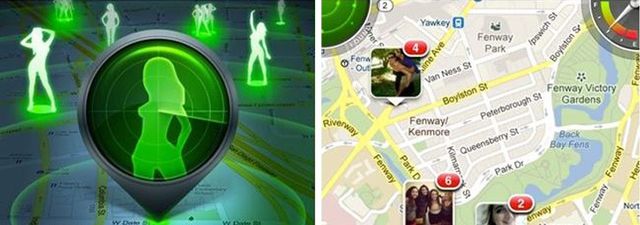I got a phone call this afternoon from a lady on the indian subcontinent that told me to quickly turn on my computer as it has a virus.
Uh oh! I’m so glad they called as my anti-virus hadn’t picked up anything!
She told me to quickly turn on my computer and open the administration tools. Urgently! Fortunately, she guided me through opening this up and and getting to the Windows Event Viewer which was great as I was quite scared and nervous that my PC would crash and I would lose everything.
And she was right… there were ERRORS in my logs! Crap!
<—- End Sarcasm —->
 Ok, Ok, I wasn’t really worried and I knew this was a scam from the beginning but wanted to see where they were going and which scam they were trying to pull.
Ok, Ok, I wasn’t really worried and I knew this was a scam from the beginning but wanted to see where they were going and which scam they were trying to pull.
They basically want to sell you an “Extended Warranty” for your PC which includes an anti-virus subscription. This scam is several years old and gets recycled every few years. It is run by a site called “teche4pc dot com” run by some, probably dodgy, company call “Met Technologies”.
The first thing they try and get you to do is turn on your PC and guide you through opening Event Viewer (they always assume you are running Windows).
 Event Viewer maintains logs about program, security and system events on Windows and, according to Microsoft, can be used to view and manage the event logs, gather information about hardware and software problems, and monitor Windows security events.
Event Viewer maintains logs about program, security and system events on Windows and, according to Microsoft, can be used to view and manage the event logs, gather information about hardware and software problems, and monitor Windows security events.
Event Viewer system logs display prominent ‘Error’ icons, which often relate to trivial matters like the failure of a process to start, but could be used by a scammer to convince someone their computer needs ‘fixing’ by running a script or, in this case, by purchasing an “Extended Support Warranty”.
However, you can bet that the support you receive would cause more problems than you started with and end up in an endless stream of invoices and credit card charges.
Be careful out there! Also, if they have blocked their Caller ID and you can’t call back on a recognised number don’t divulge any personal information.
If you do actually need anti-virus stick to one of the known brands: AVG, Avira, Kaspersky, Symantec, McAfee, etc. Any of them are better than these questionable companies. Or, if you want a simple free solution, give Microsoft’s Security Essentials a go.




 I came across another fake Windows diagnostic software on a laptop today that looks real enough that it’s worth sharing here.
I came across another fake Windows diagnostic software on a laptop today that looks real enough that it’s worth sharing here. Ok, Ok, I wasn’t really worried and I knew this was a scam from the beginning but wanted to see where they were going and which scam they were trying to pull.
Ok, Ok, I wasn’t really worried and I knew this was a scam from the beginning but wanted to see where they were going and which scam they were trying to pull. Event Viewer maintains logs about program, security and system events on Windows and, according to Microsoft, can be used to view and manage the event logs, gather information about hardware and software problems, and monitor Windows security events.
Event Viewer maintains logs about program, security and system events on Windows and, according to Microsoft, can be used to view and manage the event logs, gather information about hardware and software problems, and monitor Windows security events.